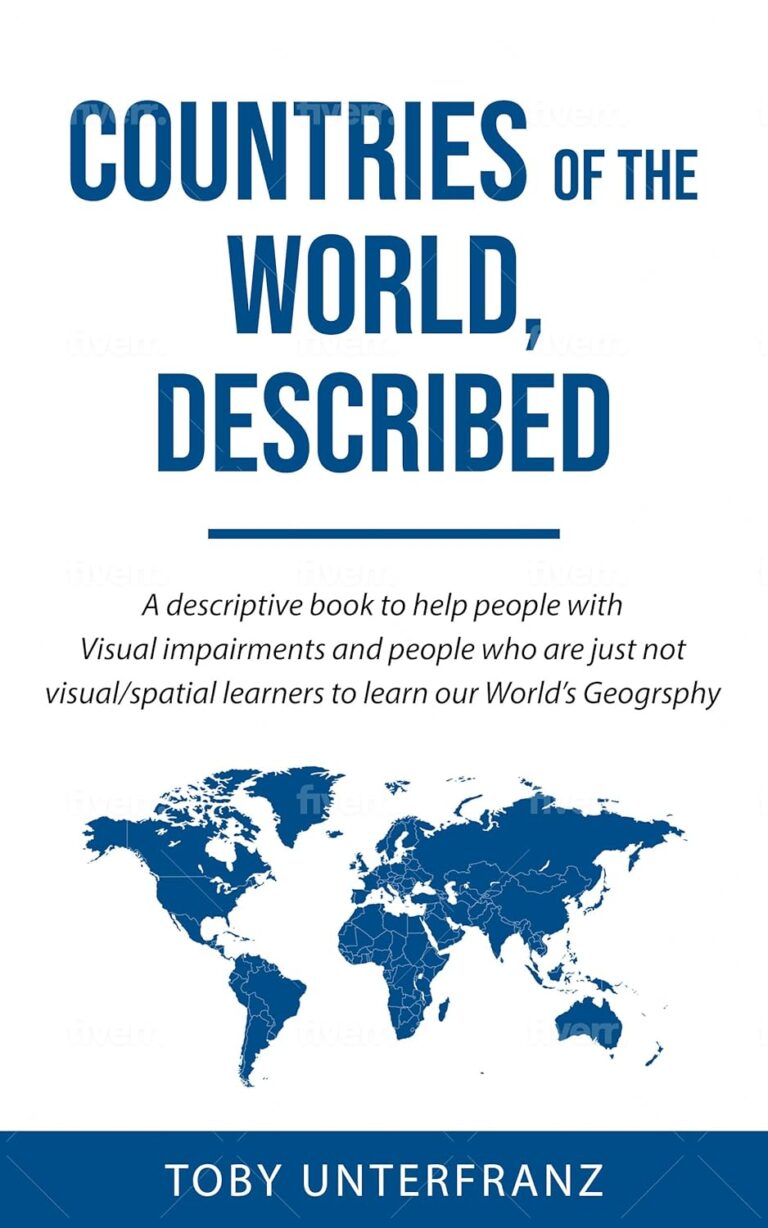Learning is not limited to the visual senses. Richly described e-books offer a unique perspective for those who are blind or visually impaired. These books create mental images with their precise language. Characteristic impairments E-books aid students in visualizing settings, forms, and locations. Beyond sight, the experience provides meaning through memory, touch, and sound. Knowledge comes to life when it receives such assistance. It involves studying with the heart as well as the eyes. This method offers equality of delight in discovery, freedom, and inclusion.
Find five ways the descriptive impairments e-book for visually impaired people helps them learn beyond sight.
Free access for everyone
This e-book will be free 8/15-8/17. That is one of its finest features. More readers may explore without restrictions when admission is free. It invites everyone who wishes to learn by using their imagination and breaks down boundaries. For many, this is the initial step toward using words to explore landscapes.
Builds imagination like a canvas
Descriptive writing conjures up powerful mental imagery. It functions similarly to painting, but with words. In their minds, readers can construct valleys, rivers, or mountains. Learning becomes more enduring and intimate as a result of this process. The picture is filled in by the imagination, acting like a brush.
Strengthens memory
Learners retain information better when they visualize landscapes. Words that convey space, texture, and movement are more likely to stick in your mind. This adds significance to geography or environmental studies. When learning is connected to emotion and imagination, memory expands.
Offers comfort and inclusivity
Different people learn in different ways. For people who are blind or visually impaired, descriptive e-books offer a secure and hospitable resource. The sense of exclusion is eliminated by them. Every student should have access to a setting that makes learning seem equitable and accessible.
Encourages a deeper connection with nature
Landscapes may be felt even when they are invisible to the naked eye. There is a sense of connection when one hears words like windswept hills, parched deserts, or flowing rivers. This kind of instruction serves as a reminder that everyone has a right to nature. It forges an emotional and strong connection.
The conclusion
Characteristic impairments electronic books are not only tools. They serve as conduits that transport students to a realm of creativity. They demonstrate that there are other ways to learn besides sight. Minds become free and sceneries expand with the help of guiding words.


Comments are closed.